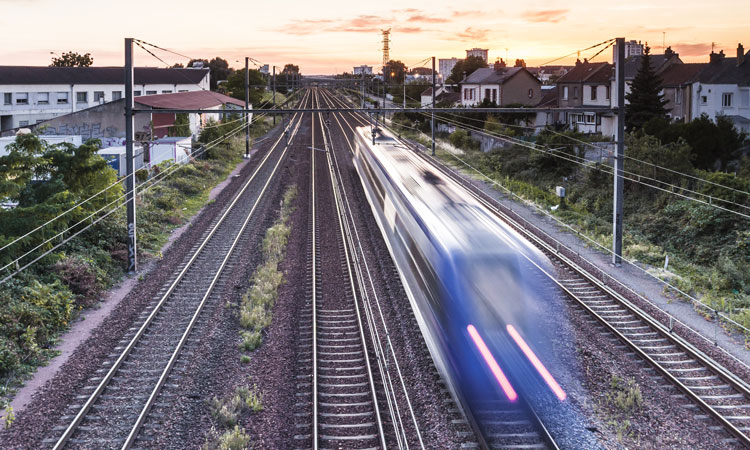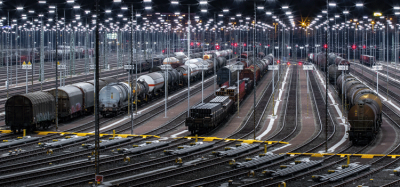CER reveals railways lost €26 billion in revenue in 2020 due to COVID-19
Posted: 27 January 2021 | Global Railway Review | No comments yet
The Community of European Railway and Infrastructure Companies (CER) has collected data from its members which reveals the alarming financial impact of COVID-19 on railways.


Keeping European mobility operational during the COVID-19 pandemic has of course been vital.
Despite heavy losses and huge impacts in revenue, railways have continued to do their utmost to keep essential freight and passenger services running, while protecting their customers and staff.
The Community of European Railway and Infrastructure Companies (CER) has been monitoring the situation in close collaboration with all its members and the data collected for 2020 reveals the shocking financial impact that COVID-19 has had on railways. The results of the CER survey were presented at the CER General Assembly which took place virtually on 26 January 2020.
The data reveals that railways lost €26 billion in revenue in 2020 in the European Union (EU27). The CER states that passenger services were more affected than freight, but the pandemic is taking its toll across the board.


Data collected by CER.
While the above figures are daunting enough, the CER explain they only show part of the picture. Whereas freight seems to have managed to somewhat mitigate losses in the second half of 2020, the situation of passenger services started to deteriorate again in the autumn (after a short upswing during the summer) to reach record-high revenue losses of -50 per cent in December 2020.
Alberto Mazzola, CER Executive Director, said: “The COVID-19 crisis is impacting heavily on railways. However the rail sector is showing resilience and capacity to help fight the pandemic and assist society on the road to recovery. Getting Europe’s economy back on track while continuing to bring down global emissions is a pressing dual challenge. The European Year of Rail is a timely recognition of the role railways can and should play on these fronts.”
Related topics
Cargo, Freight & Heavy-Haul, Coronavirus/COVID-19, Operational Performance
Related organisations
Community of European Railway and Infrastructure Companies (CER)







